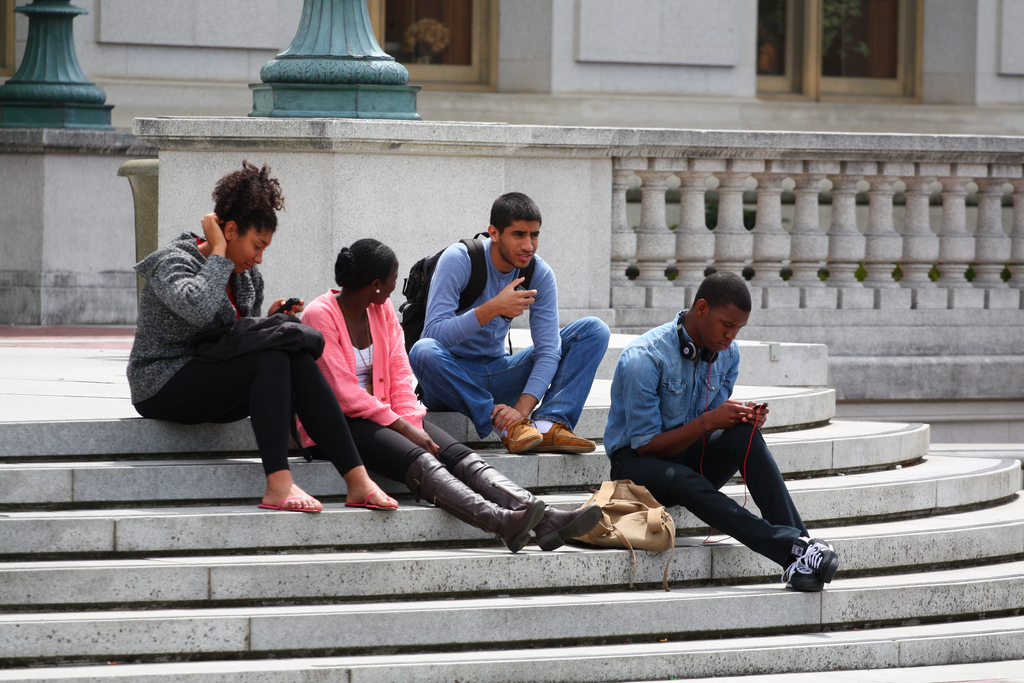Turkle, pt. 1
Sherry Turkle’s work on cell phones, particularly in Alone Together (2011), questioned social interaction and psychological development differently than the surveys PEW's surveys. Turkle’s ethnographic methods involved longer interviews that allowed her to understand more about our relationships with technologies than a short survey or questionnaire would be able to answer. She related these interview details through describing the feelings and thoughts of people and reflecting on their answers to her probing questions. Through these interviews, she was able to use people’s complex opinions as evidence to support her views on how the Web and its associated technologies affect our mental and psychological well-being, though her opinion on the value of being connected has changed—largely because of the growing ubiquity of cell phones.

In Life on the Screen: Identity in the Age of the Internet (1997), Turkle found reasons to be optimistic about online identity formation. Employing psychological theory from Kenneth Gergen and Robert Lifton, as well as postmodern critical theory from Daniel Dennett, Donna Haraway, and Katherine Hayles, Turkle argued that Web users could learn about the construction of identity through their own performance of multiple personas in online spaces. She used Robert Jay Lifton’s (1993) claims in The Protean Self: Human Resilience in an Age of Fragmentation to show that traditional views of the self as a unitary and contained structure “with stable symbols, institutions, and relationships” is no longer viable (Turkle, 1997, p. 258). In the late 1990s, when optimism about the Web was running high, Turkle (1997) was hopeful that the online exploration of identity could lead to greater acceptance of opinion and greater tolerance of others:
We don't have to reject life on the screen, but we don’t have to treat it as an alternative life either. We can use it as a space for growth. Having literally written our online personae into existence, we are in a position to be more aware of what we project into everyday life. (p. 263)
Her belief about the fragmentation of identity in online spaces was largely positive. Those who spend time online, living out their multiple identities, Turkle argued, respond to this fragmentation by embracing it. However, her opinion was soon to change.
